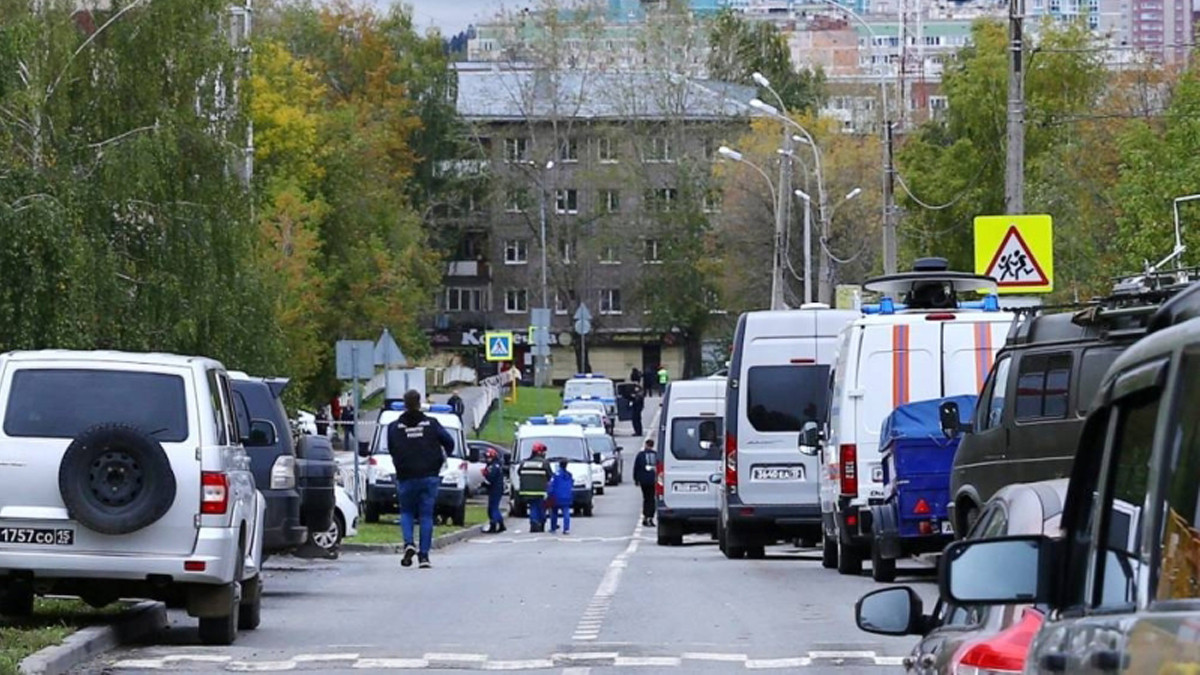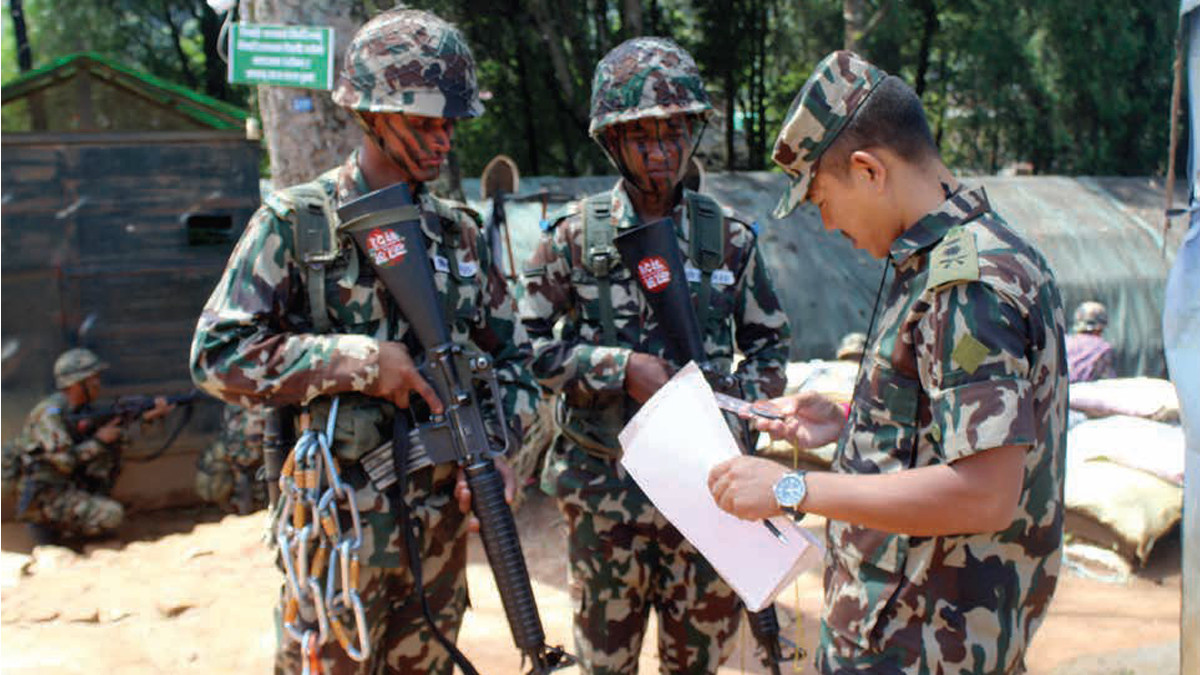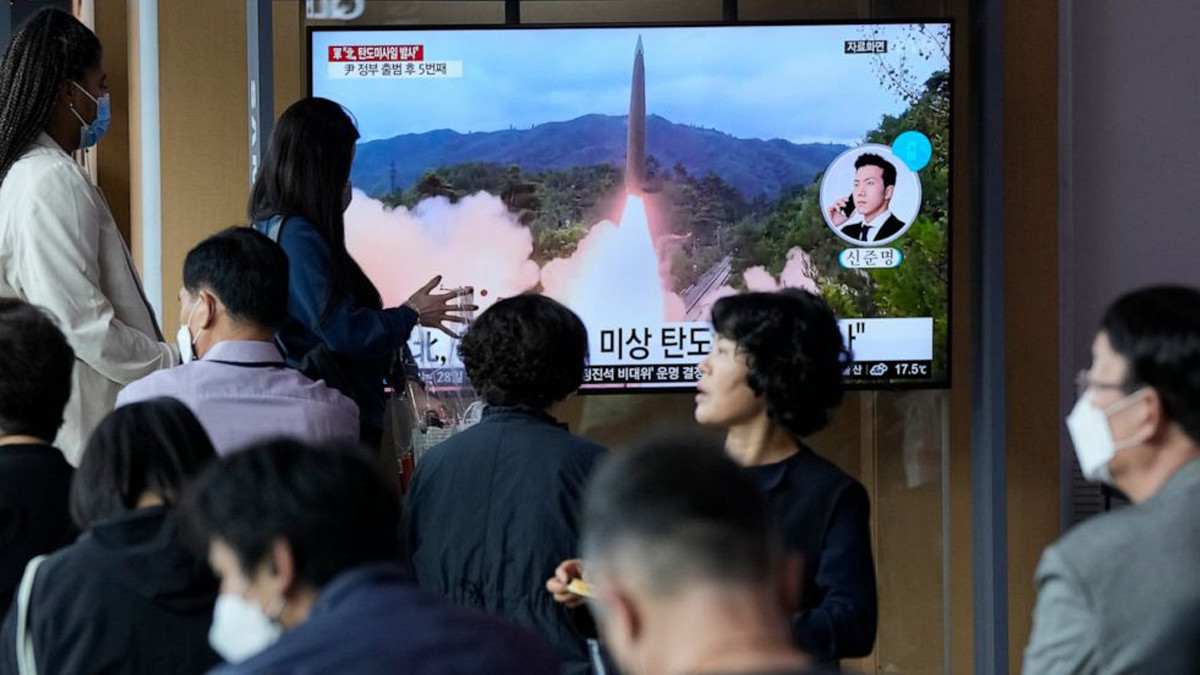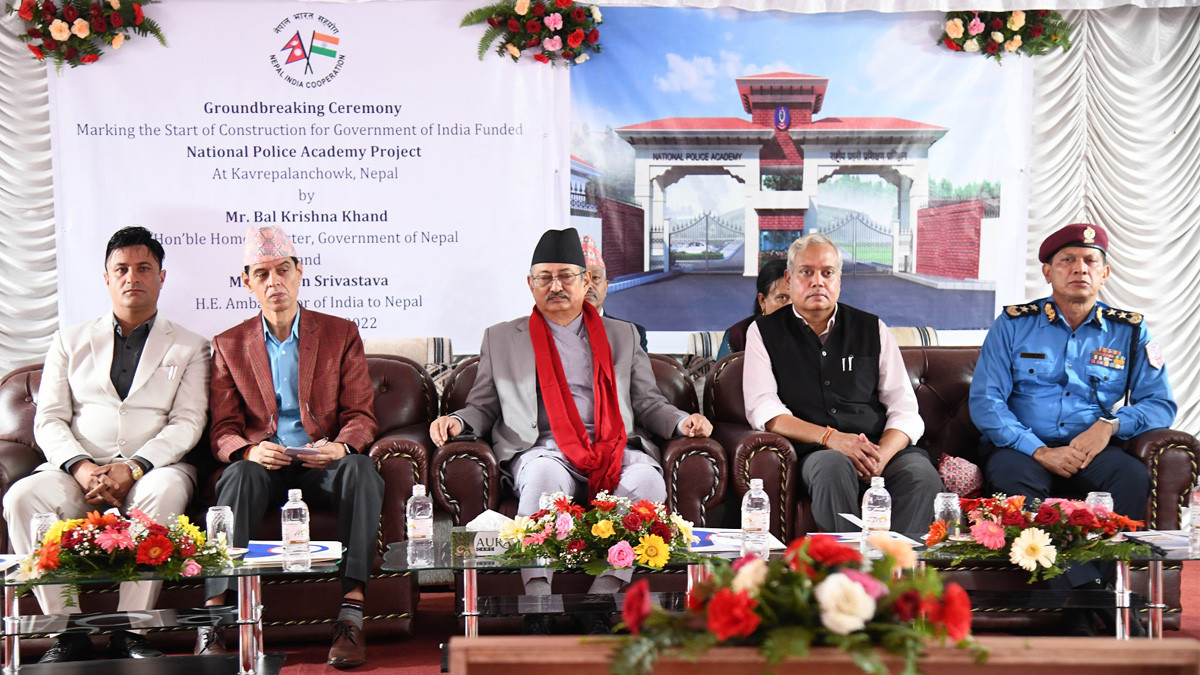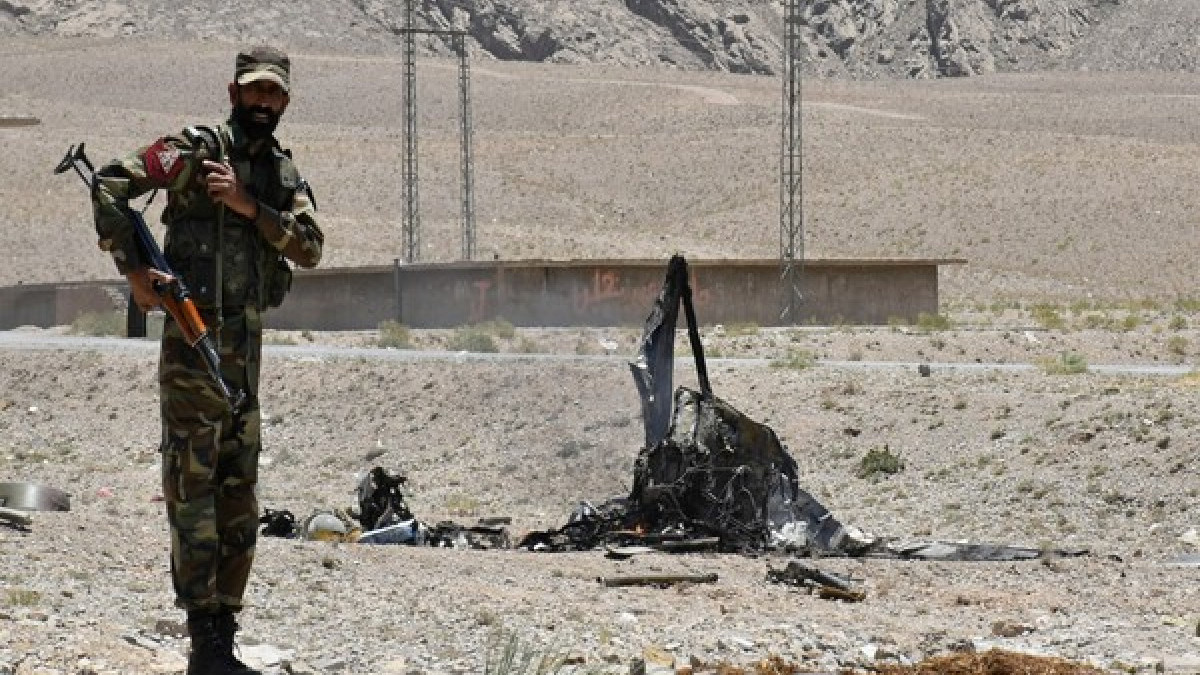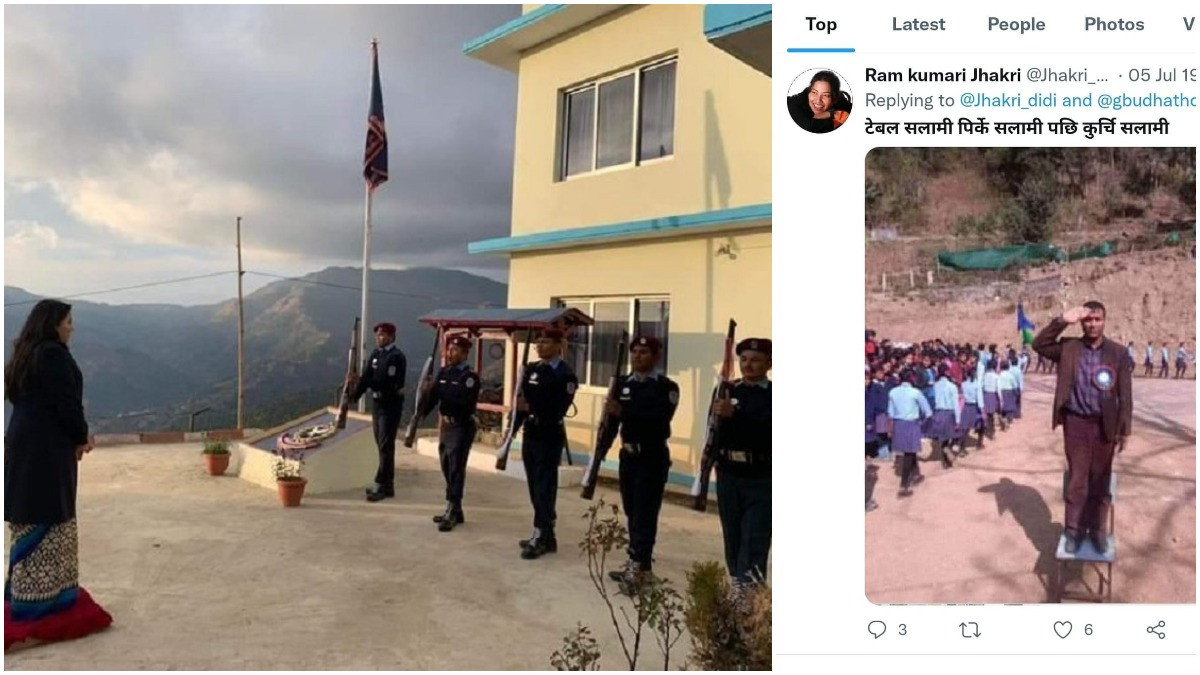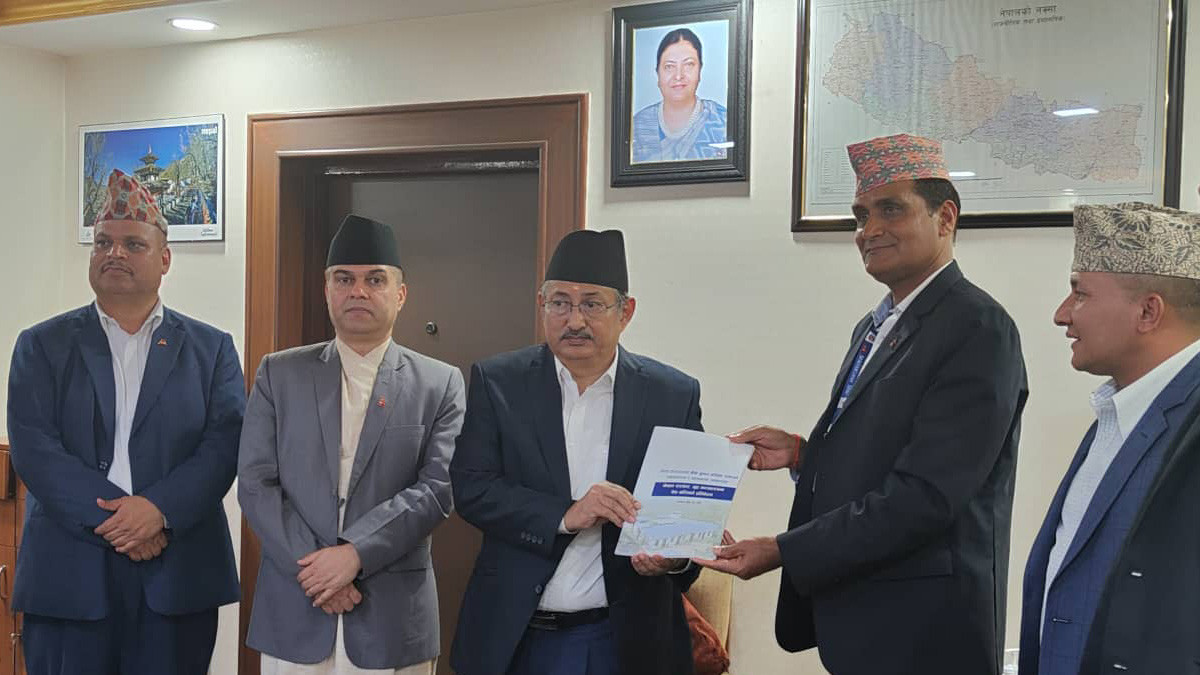
Stakeholders allege that the Government of Nepal has completely failed to implement effective investigations and accountability mechanisms into the deaths of Nepal Police, Nepal Army and prison officials across the country.
They also accused law enforcement officials of failing to follow international guidelines in investigating allegations of such deaths and bringing those responsible to justice.
Their study report states that the lack of initiative by responsible state officials to conduct transparent, impartial and effective investigations into deaths in custody and the failure to issue directives to prevent further incidents in the future have encouraged such incidents.
The annual report of Advocacy Forum Nepal, a non-governmental organization, entitled "Deaths in Detention in Nepal: Building a Research and Prevention Structure (2021)" states that the state has absolved itself of responsibility for deaths in custody and extrajudicial killings.
The report draws the attention of stakeholders to the dozens of deaths in custody due to inadequate health care and managerial negligence, including torture and ill-treatment, and the systemic failure to encourage them.
The organization has documented 39 cases of deaths in custody across the country since the implementation of the Criminal Code in August 2018. Of those, 21 died in prisons, 16 in police custody, one in military custody and one in a juvenile detention center.
The report states that there are three main causes of deaths in custody: (1) torture, suicide and slow and inadequate health care.
The report's analysis of such deaths violates Nepal's constitutional and legal framework, international treaty obligations, and other generally accepted international standards regarding the treatment of detainees.
Some of the incidents discussed in the report have drawn the attention of the international community due to the lack of independent research and the frequent suffering of people from marginalized communities.
Of the 10 reported suicides, nine were in police custody, which is a worrying indication that Nepal Police did not take proper care of detainees.
In addition, in some cases related to hanging suicide, the authorities' views have been found to ignore torture or other cruel, inhuman or degrading treatment. In most cases, postmortem is not found in suicide cases.
The report states that at least 18 suspected deaths in Morang Prison within 16 months were left without any attempt to find the cause of death. Although torture was criminalized in Nepal in 2018, no one has been convicted of torture to date, despite ample evidence of torture in custody.
The report also analyzes the suspicious deaths of two juveniles, including a 17-year-old boy who was jailed for a short period of time instead of an adult serving a long prison sentence.
Another minor died during treatment due to an unknown disease but no attempt was made to find out the cause of death without conducting a postmortem.
The organization has emphasized on the need to reform the existing custody management and criminal justice system keeping in mind the special needs and characteristics of the disabled and helpless sections including children.
"Every state has a special duty to take care of the detainees," Statement said. Similarly, the state is fully responsible for all possible damages due to unsatisfactory detention conditions in terms of inadequate health care or sanitation, nutrition, access to clean water, adequate space, lighting, ventilation, physical exercise and social contacts. '
Similarly, it is the responsibility of the state to investigate deaths in custody. Whether the cause of death is natural or accidental, the investigation of such deaths must be impartial and independent, as such deaths may be the result of extrajudicial killings as well as inhumane treatment or the miserable conditions of imprisonment. This means that every death in custody should be viewed with suspicion. In order to find out the real cause of death and to ensure the safety of other detainees, to reassure the public and to prevent such incidents from happening in the future, the custody officer must fulfill his responsibility to meet the need for immediate, transparent and effective investigation.
The report emphasizes the importance of equal health rights for detainees and the need to pay special attention to the needs of minors.


